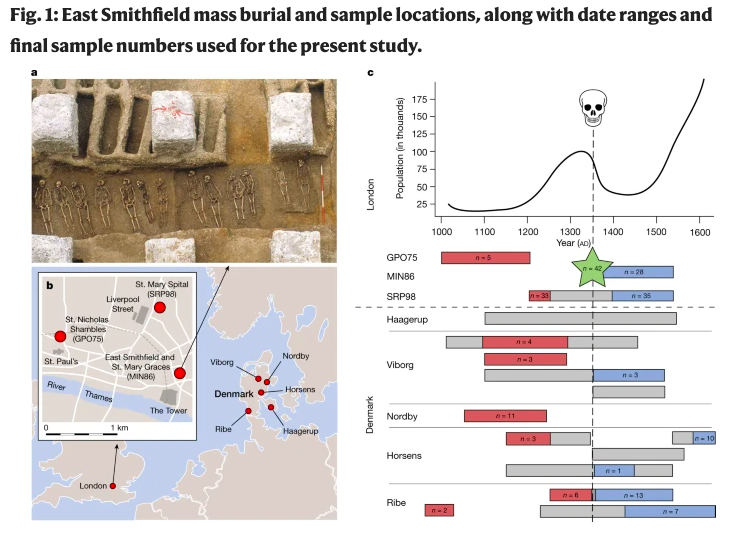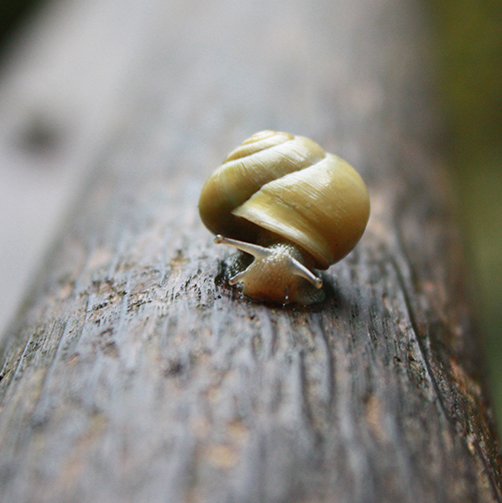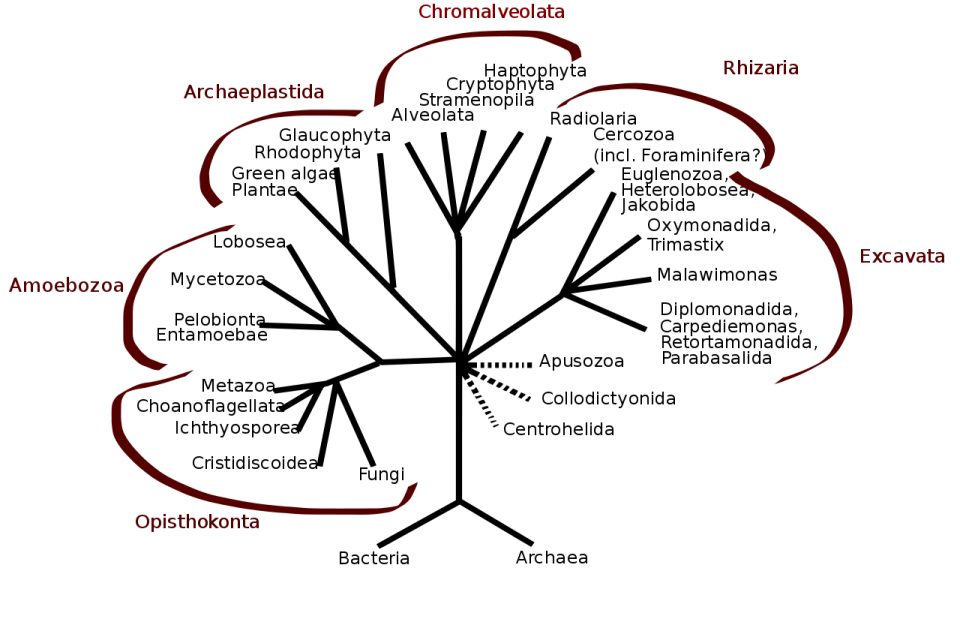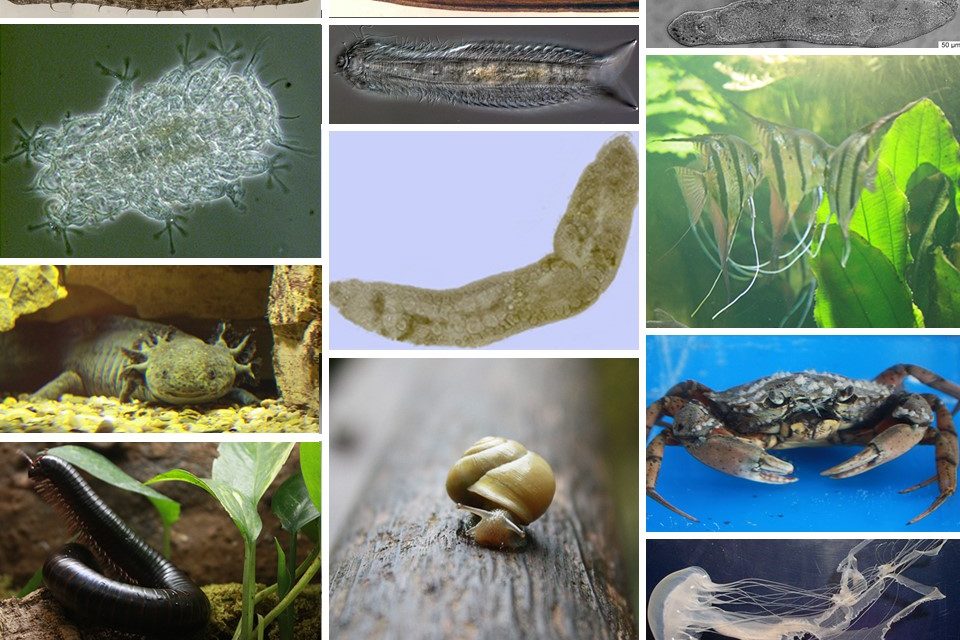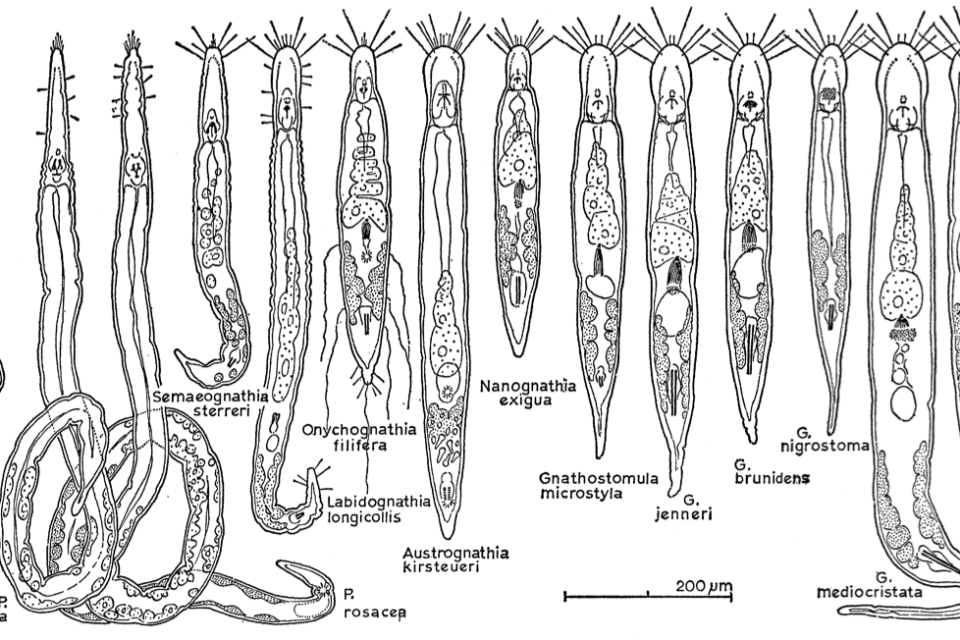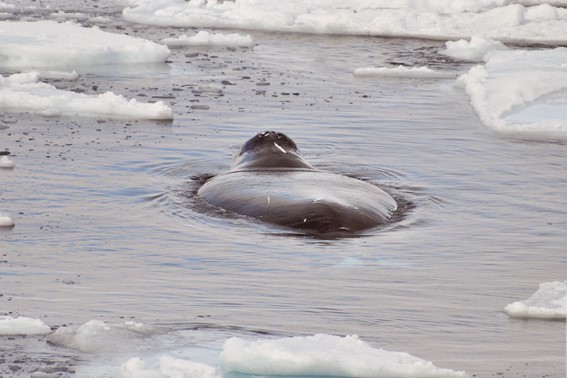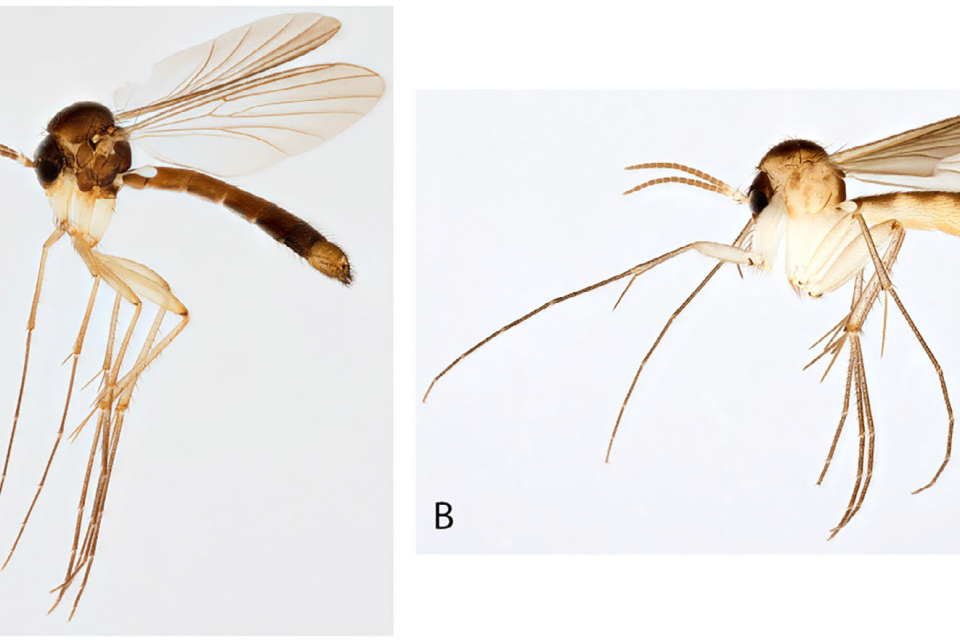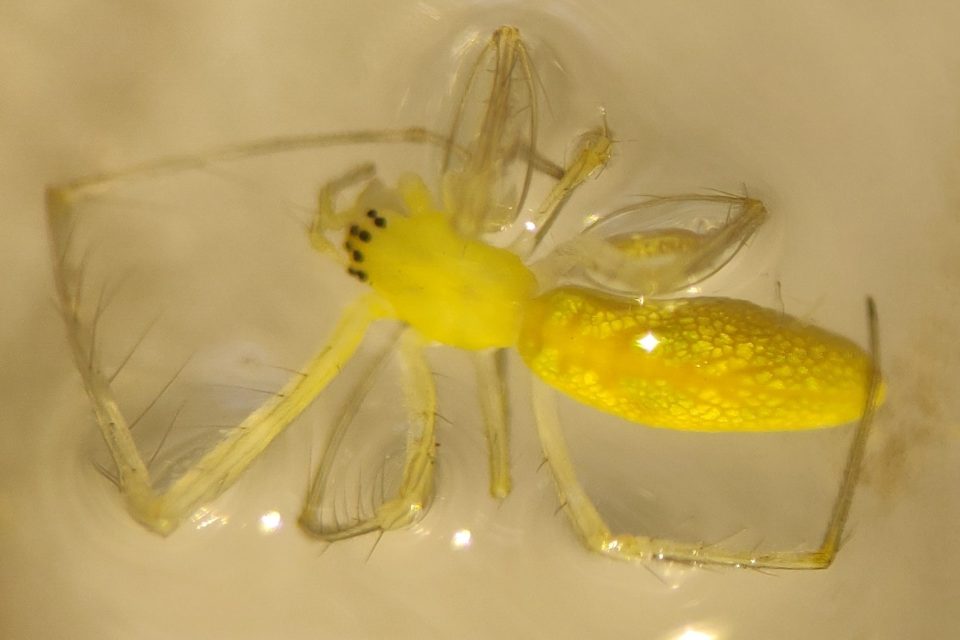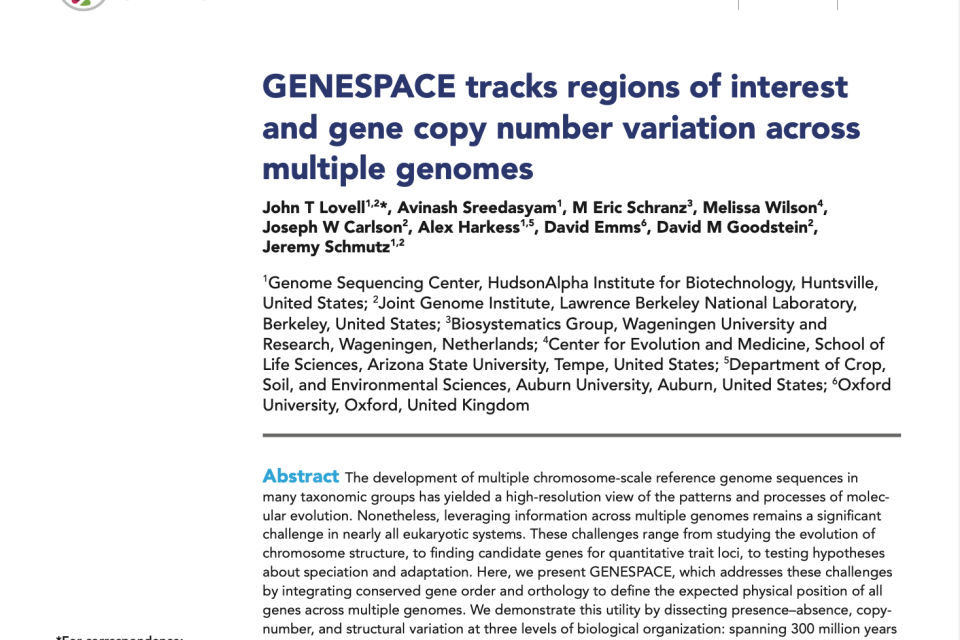
Door 8: GENESPACE tracks regions of interest and gene copy number variation across multiple genomesss multiple genomes.” Elife 11 (2022): e78526.
During this year Frontiers in Evolutionary Zoology advent calendar I have decided to briefly present you three works: a research paper, a researcher interview, and a book. The first door to which I am contributing if this quite useful method paper to whoever is currently working with whole […]
